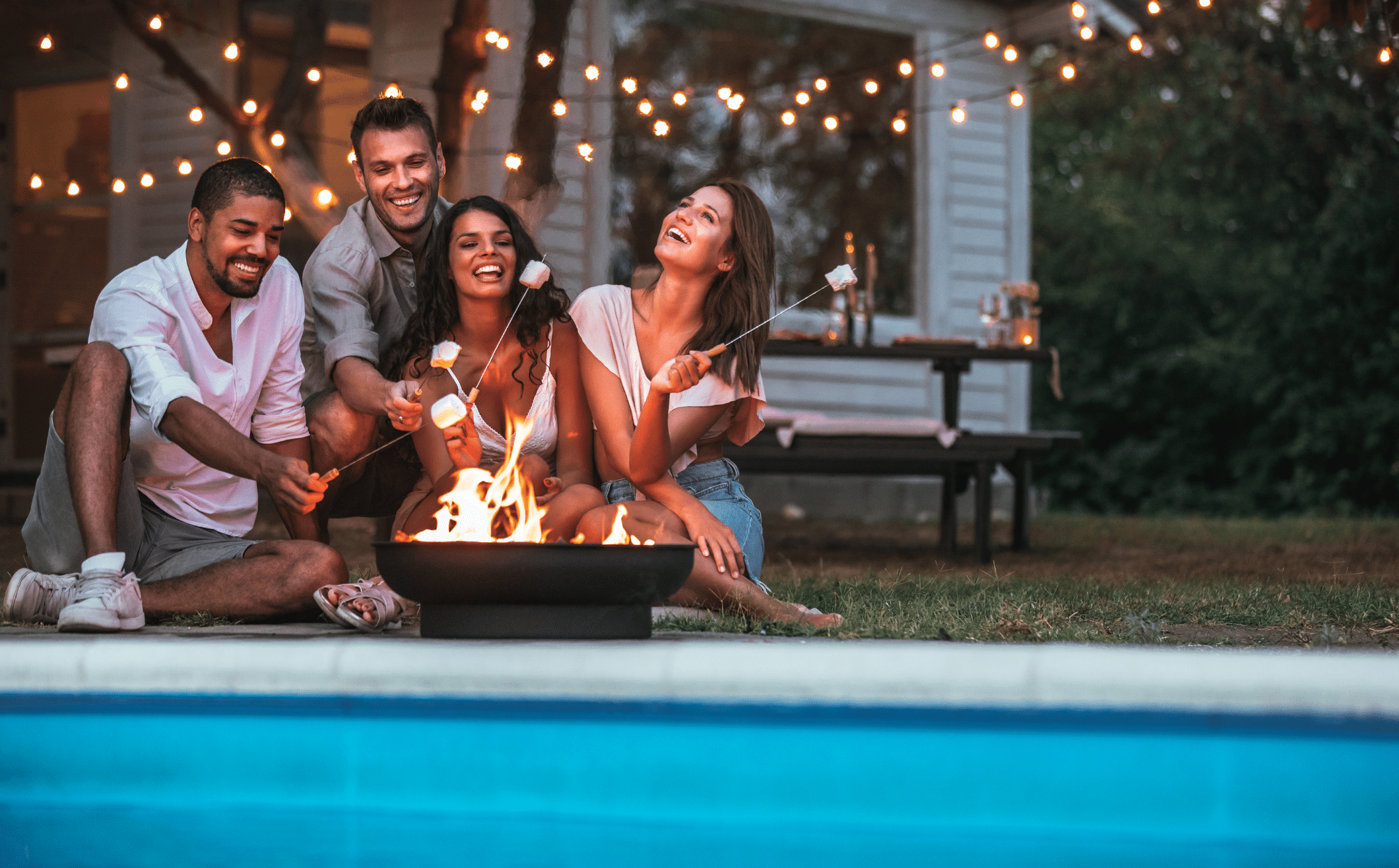
Couple friends; what are they and why we should have them?
Friendships start from our earliest ages and we are constantly meeting and making new friends throughout life. According to John Gottman, a healthy friendship between you and your partner is critical to your relationship health.
It is also important for both you and your partner to have individual friends. Having individual friends means that if your partner doesn’t “click” with your friends, you can go out with them alone guilt free! Since your partner is not with you, you do not need to worry about them having fun (when you know that they hate bowling or cooking classes or shopping). You and your friends can do your own thing and your partner can have their nights with friends too.
What about couple friends? It’s wonderful to have another couple for double dates (maybe even vacations) and it is also important to YOUR relationship that you have this other set of friends who are also a couple. Having this kind of peer support can make navigating your relationship easier. Not only do you have friends with whom you can have fun, you also have friends who understand the challenges of being in a relationship.
The four of you can mix and mingle. It is time for you to be with your partner and with others you enjoy and share common interests. This gives us much-needed balance in our social lives.
How do we make couple friends?
Clients will often ask, how do I make friends? What came to us so easily during our school-age years becomes a challenge as we get older and busier with our careers and families. I offer different advice to couples depending on what stage of life they are in.
For those that are younger and newly married, a lot of couple friends are going to come from your individual friends that get married. Couples that are in that boat may feel like they spent a handful of years attending each other’s line up of showers, parties, and weddings. You have your couple crew established for you.
If you are married, don’t have children, and are looking to make more couple friends; think of things you enjoy doing together. Take a class together, like ballroom dancing or photography. You could form a book club. Join a golf league together or find another sport to enjoy together. Look for local meetup groups who offer activities with all kinds of interests. If you are enjoying a night out together around a shared interest, chances are good that you will meet another couple that is doing the same.
If the two of you have children, this is probably the easiest way to meet new friends. There are so many interactions with other parents through school or extracurricular activities. When my oldest son, now 27, was a year old, I joined a mom’s group after taking time off from my full-time career. The mom’s group put play groups together for us. My best friend is one of the moms from that play group long ago. In fact, she was my matron of honor when I got remarried. So don’t be afraid to use your kids as an excuse to get out and meet other parents. You just might surprise yourself!
Some friendships may form around connections through your work. While boundaries are important, we spend a lot of time with these people and it makes sense that they may connect with your family as well. Make sure you set some rules from the get go about “shop talk” so that your spouses don’t feel left out!
Watch out for “toxic” couple friends
In speaking with a colleague about friendships, she said that her mother-in-law warned her to be careful about choosing friends who are relationship-negative because you can take on other people’s squabbles or get tied up in their drama. I believe her mother-in-law had some sage advice.
We tend to take on the attitude of those around us. Think about your work environment. If everyone is unhappy working there, chances are you will also become unhappy working there. It’s hard to find good energy, laughter, friendship, and cooperation in an environment where people are unhappy. They’re grumpy. They don’t want to help others. They just want to sit in their office.
This will be true in your couples’ friendships as well. If you are friends with other couples that don’t value respecting one another and you spend a lot of time with them then you start to pick up some of their habits. They might have a way of speaking that’s not so healthy. Perhaps they put down their partner when that partner is out of ear shot. Maybe they are flirting with people outside their relationship.
One husband may get into a disagreement with his wife, he vents to his friend and that friend says “yeah, my wife is like that too, you just got to avoid them (insert a cliche about a ball and chain here).” The language may be more colorful than what I am using for the purpose of this blog post, but I think you can imagine the scenario playing out.
Exposure to toxic behavior can have a negative impact on your relationship.
The benefits of relationship-positive friends
The good news is that It works the same with a positive environment.
If you are around couples that value relationships, their advice to you during difficult times will be supportive and encouraging. This is critical when your relationship (inevitably) navigates difficult times. They will acknowledge those tough times and encourage you to talk to your partner to work through the difficulty.
That has a completely different outcome than the couple who disrespects one another. It is critical that we choose friends who are positive and supportive and who share the same values.
Remember that husband I mentioned before? This time he gets into a disagreement with his wife, he vents to his friend and that friend says “that’s tough, have you talked to her about that?” or “that’s happened to me and Leah before, here’s how we resolved it.”
The difference is critical, especially over time.
Final thoughts on couple friends
We all need friends. Having a social network is key to our mental health. Research has shown that people who have social support (i.e. friends) are happier and live longer lives. We all need to feel connected. Call your friends and thank them for making your life better and stop nourishing the friendships which do not.
One of the ways that Gottman learned what made relationships work is by observing “master couples” (vs “disaster couples”). If the two of you can surround yourselves with couples that navigate marriage like masters, you will learn the right things about being in a relationship.
The bottom line? Since we need to have couple friends, let’s choose wisely. Let’s choose those couples around us who are supportive and uplifting, those who fuel our positivity so we in turn fuel those around us.
It is a win-win loop!

